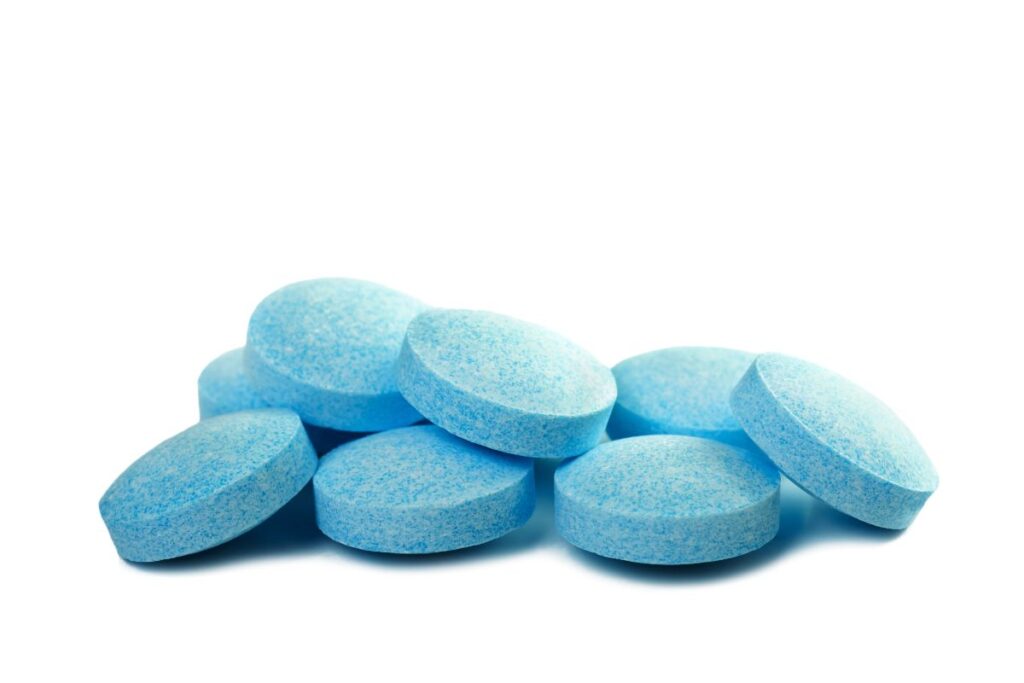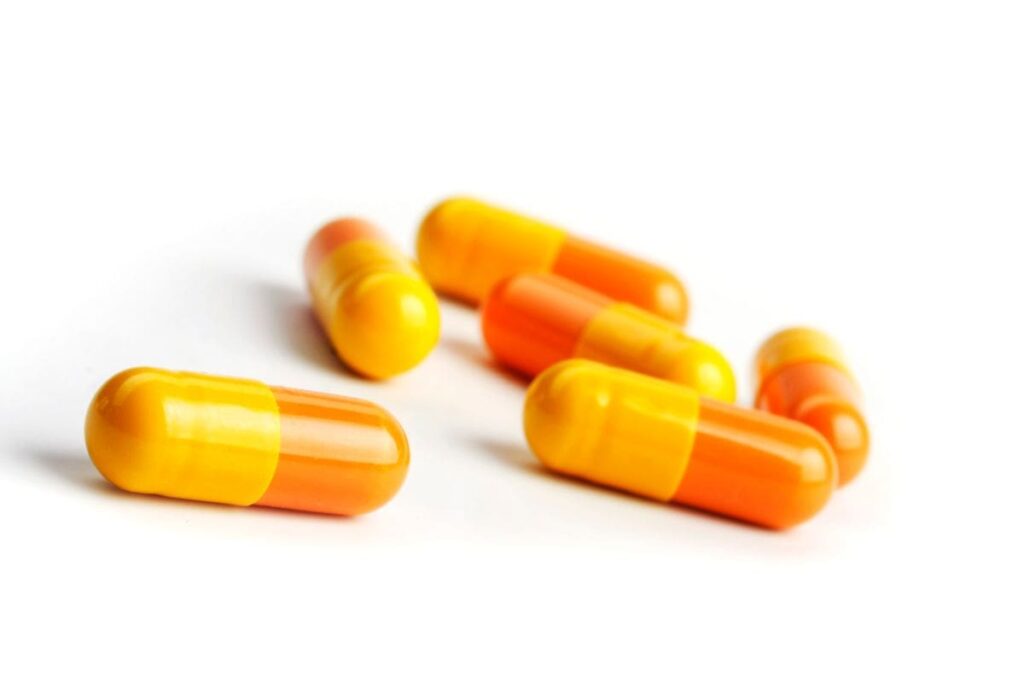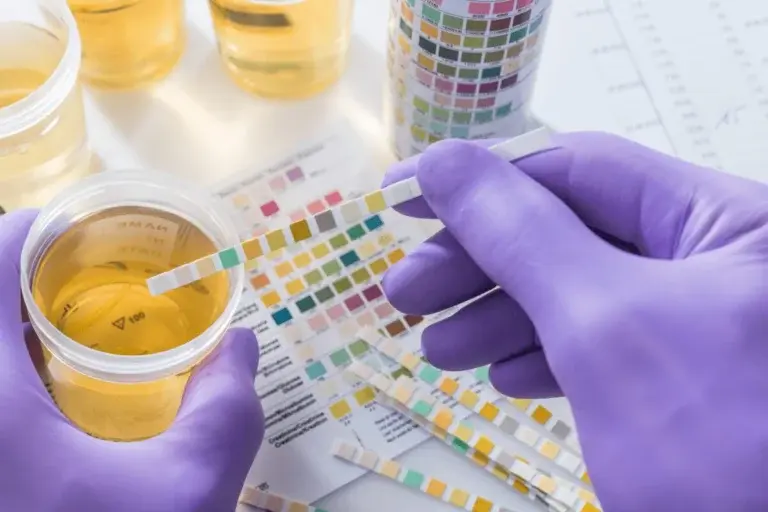Heroin Addiction Treatment in Massachusetts
Medically Reviewed

Medically reviewed by Jack Maroney, MSHCA, LADC1
Written by Lake Ave Recovery Staff
Updated on June 11, 2024
If you or someone that you care about can benefit from comprehensive heroin addiction treatment in Massachusetts, Lake Avenue Recovery is here to help. Our personalized services are designed to empower adults to end their heroin abuse and achieve successful, long-term recovery.
Learn more about our drug rehab programs in Massachusetts or call us now at (508)794-4400.
What is Heroin Addiction?
Heroin addiction is a type of opioid use disorder. Opioids are a powerful and highly addictive class of drugs that also includes morphine, fentanyl, opium, and many prescription painkillers.
When a person abuses heroin, the immediate results can include extreme relaxation and a euphoric rush. These pleasurable effects, combined with the physical and emotional crash that can occur when they wear off, can prompt a person to use this drug multiple times. This enticement can quickly lead to addiction.
According to the National Institute on Drug Abuse (NIDA), about 1.1 million Americans aged 12 and older have used heroin in the past year. This represents about 0.4% of the U.S. population. The vast majority of these people (1 million) developed heroin addiction.
To underscore the grave danger posed by heroin misuse and addiction, NIDA has also reported the following statistics about heroin overdose deaths in the U.S.:
- In 2021, heroin was involved in 8.6% of all drug overdose deaths (and 11.4% of all opioid-related overdose deaths)
- From 1999-2017, the annual number of overdose deaths involving heroin rose from 1,960 to 15,482.
- From 2018-2021, the annual number of heroin-involved overdose deaths decreased each year. In 2021, the yearly total was 9,173.
You are not alone. You deserve to get help.
Lake Avenue Recovery is an industry leader in addiction treatment in Massachusetts. Our team of top medical experts specialize in dual diagnosis treatment and are committed to ensuring that each patient is treated as an individual. Call us today, we’re available 24/7.
How Does Heroin Addiction Treatment in Massachusetts Work?
At our heroin addiction treatment center in Massachusetts, one of your first activities will be to complete a thorough intake assessment. This process helps our team understand the full scope of your needs. The information that we gather during your assessment will also guide the development of your personalized treatment plan.
One of the first treatment-related decisions we will make is to determine which level or levels of care are right for you. At Lake Avenue Recovery in Massachusetts, we offer the following program options:
- Partial hospitalization program (Day Treatment)
- Intensive outpatient program (IOP)
Some patients start with our Day Treatment, step down to one of our IOPs, then complete treatment at the OP level. This allows them to gradually take on a greater amount of freedom and responsibility as they progress in their recovery, while still retaining a connection to an appropriate level of clinical care.
Other patients may only receive care at one or two of these levels. We based level-of-care decisions solely on what is best for each person who chooses our heroin addiction treatment center in Massachusetts.
Depending on what concerns were identified in your assessment and which level of care you’re currently in, your treatment may include therapies and services such as the following:
- Medication-assisted Treatment (MAT)
- Individual psychotherapy
- Group therapy
- Family therapy
- Ego-modifying therapy
- Cognitive behavioral therapy (CBT)
- Rational emotive therapy (RET)
- Experiential and mindfulness therapy
- Yoga, tai chi, and qi gong
- Role-playing exercises
- Trauma-focused therapy
- Social skills therapy
Signs and Symptoms of Heroin Addiction
Heroin abuse is a dangerous behavior that can lead to heroin addiction. In this section, we are going to address both the signs that someone is under the influence of heroin and the symptoms that can indicate that they have become addicted to this powerful opioid.First, here are some common signs of heroin abuse:
- Watery, glassy eyes
- Constricted pupils
- Lethargy and extreme sleepiness
- Slurring speech
- Dry mouth
- Constipation
- Itchiness
- Confusion and disorientation
- Breathing problems and respiratory infections
- Dramatic changes in mood and energy
- Withdrawing from family and friends
- Lying about their whereabouts and activities
- Scabs, abscesses, and bruises that never seem to heal
- Always wearing long pants and long sleeves (to hide evidence of heroin injections)
- Significant unexplained weight loss
- Powerful cravings for heroin
- Needing to use larger amounts of heroin to achieve the effects that they could previously attain via smaller doses
- Using heroin in increasingly dangerous ways, such as combining it with other drugs
- Spending large amounts of time looking for, acquiring, using, and recovering from the effects of heroin
- Continuing to use heroin even after incurring physical or social harm due to previous use
- Experiencing physical and psychological distress when they aren’t able to acquire or use heroin
- Wanting to stop using heroin, and trying to end their heroin abuse, but being unable to do so
How Long Does Heroin Stay in Your System?
The exact amount of time heroin stays in your system can vary depending on several factors such as your weight, your metabolism, how often you have been using heroin, and if you have also been abusing other substances. In general, though, the drug doesn’t last for very long in your system – but its effects (and evidence that you have used it) can persist for an extended period.
According to a 2006 study in the journal Clinical Pharmacokinetics, the terminal half-life of heroin is about 7.6 minutes. A half-life is the amount of time it takes for half of a substance to be eliminated. Research indicates that it takes four to five half-lives for a substance to reach the point where it is considered to have been fully eliminated from the body. In the case of heroin, this means that the drug will typically remain in your system for about 30-38 minutes.
However, this does not mean that the drug will only be detectable for little more than half an hour.
When a person uses heroin, their body metabolizes the drug into a substance called 6-monoacetylmorphine, which is then further metabolized into morphine. Drug screens look for evidence of this metabolization process, which can remain evident long after the heroin itself has been eliminated.
For example, the U.S. Food and Drug Administration (FDA) reports that heroin may be detectable in a urine test up to three days after a person’s last dose.
How is Heroin Addiction Treated?
Heroin addiction is often treated with both medication and therapy, though the specifics of one person’s treatment plan can vary widely from someone else’s depending on a variety of individual factors.
The medications that are incorporated into heroin addiction treatment in Massachusetts can ease the cravings and other distressing symptoms that would otherwise occur when a person stops using heroin. The careful use of these medications can help patients eliminate heroin from their bodies safely and with minimal discomfort.
The therapeutic component of heroin addiction treatment addresses a variety of topics that are essential for successful, long-term recovery. Potential benefits of therapy during heroin addiction treatment may include:
- Gaining valuable information about the disease of heroin addiction, the treatment process, and what it takes to live a healthy life in recovery
- Understanding triggers, which are the events or circumstances that may have first pushed a person into heroin abuse and that could undermine their recovery
- Practicing recovery support skills such as effective communication, problem solving, and conflict resolution
- Learning how to repair and rebuild relationships that were damaged by heroin addiction
- Developing a personal support network
- Discovering the value of active engagement with other members of the recovery community
A
A
What to Expect at our Heroin Addiction Treatment Program in Massachusetts
At our heroin addiction treatment center in Massachusetts, we incorporate the principles of CURE (Compassion, Understanding, Respect, and Empathy) into every aspect of our programming.
When you choose Lake Avenue Recovery, here are a few ways that these principles can benefit you:
- We provide a safe and welcoming environment where you will never be defined by the disorder you have developed or judged because of the decisions you made when you were struggling with active, untreated heroin addiction.
- You will work with skilled and experienced treatment professionals who will take the time to get know you as a unique individual, so they can provide the services that will best prepare you for long-term success
- We will conduct a thorough assessment to identify the full scope of your needs and guide the development of a truly personalized treatment plan.
- You will receive customized services to address the unique ways you have been impacted by heroin addiction, along with focused care for co-occurring mental health concerns.
- You will benefit from comprehensive support to address the physical, psychological, and social aspects of heroin addiction and recovery.
- Before you complete your time with us, you will receive a detailed discharge plan to support your continued progress after you have transitioned out of treatment.
Begin Heroin Addiction Treatment in Massachusetts
Lake Avenue Recovery is a trusted provider of personalized heroin addiction treatment in Massachusetts. Our center offers multiple outpatient options for adults whose lives have been disrupted by compulsive cocaine use, as well as for those whose struggles with cocaine are accompanied by certain co-occurring mental health disorders.
With our help, you can end your heroin abuse and establish a foundation for successful, long-term recovery from heroin addiction. To learn more about our programs and services or to schedule a free assessment, please either visit our Contact Us page or call us today.
Learn more About our Treatment Options
Feening For Drugs: What Does It Mean?
If you’ve ever heard someone say they’re "feening for drugs," they’re talking...
What is Blue Xanax?
Blue Xanax is a prescription medication used to treat anxiety and panic...
The Dangers of Effexor
Effexor (venlafaxine) is a widely used antidepressant that helps treat depression, anxiety,...
Mental Health Statistics in Massachusetts: Facts & How to Get Help
If you or someone you know is struggling with mental health, you’re...
How Long Does Alcohol Stay in Urine?
Key Takeaways Alcohol can be detected in urine for up to 12...
Understanding Alcohol Rehab Costs
Key Takeaways The cost of alcohol rehab varies based on treatment types,...
Instant Insurance Verification
Same-Day Clinical Assessment
Free &
Confidential
Start Your Journey to Recovery Call Now.
We have a longstanding foundation in the treatment and recovery community
Lake Avenue Recovery is a state licensed and Joint Commission accredited organization committed to promoting, maintaining, and restoring the dignity, well-being and mental health for those with substance use disorders and their families serving Massachusetts and beyond.
- 132 Years Clinical Excellence
- 105 Years Recovery Experience
- 8:1 Ratio Client to Staff
- 12 Publications on Alcohol and Drug Use






